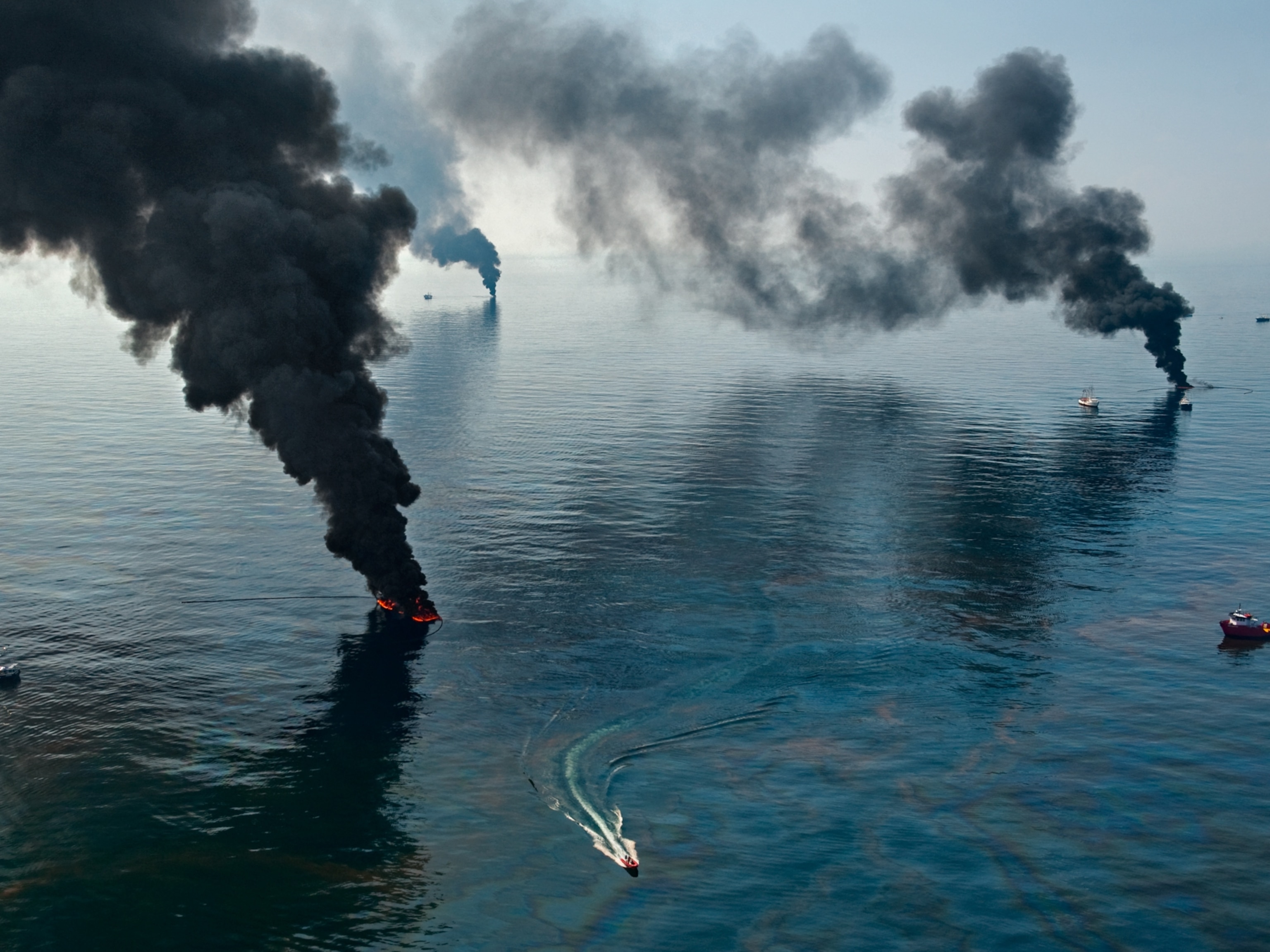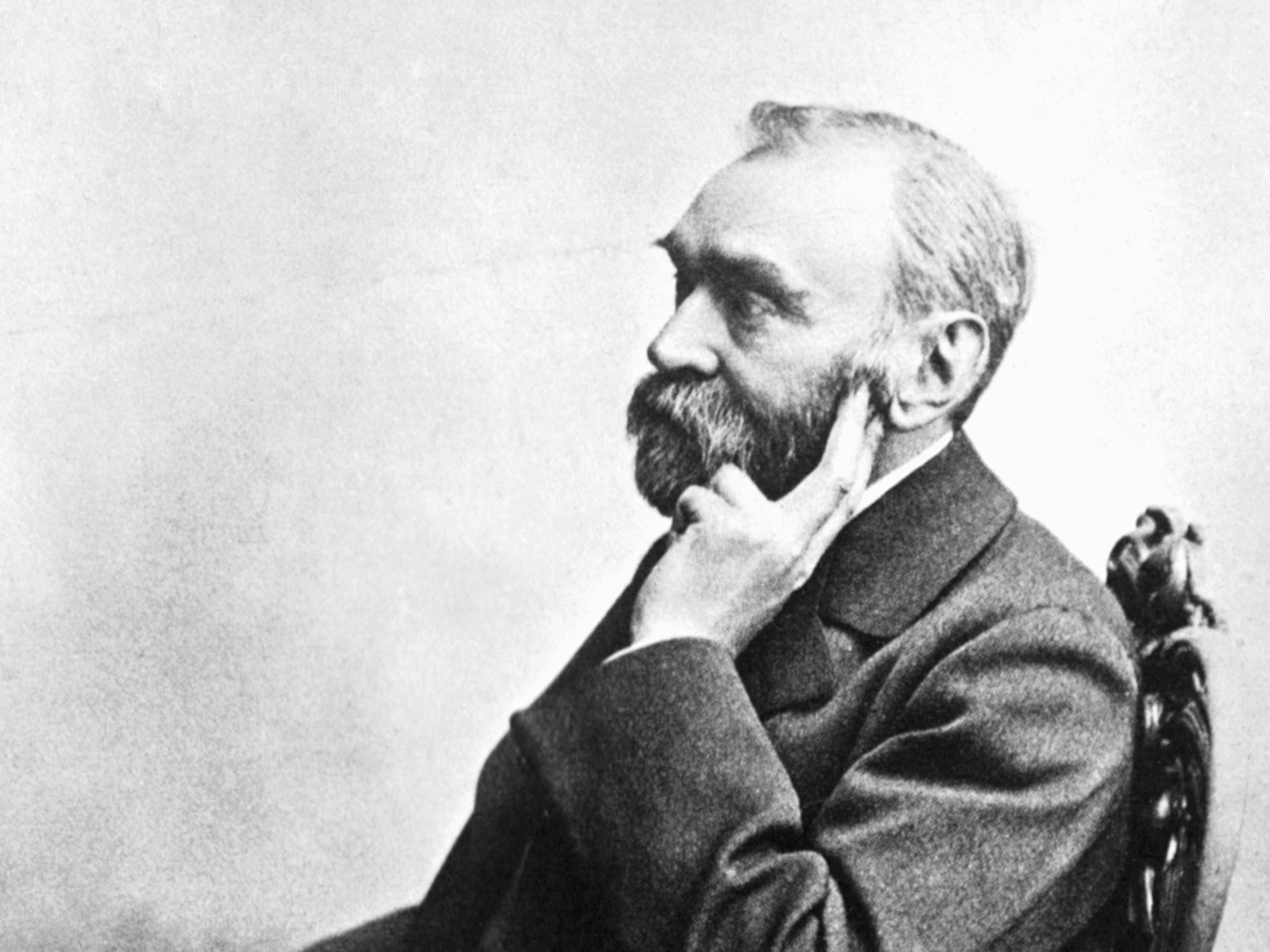
At Gulf Oil Spill Forum, A Call for Energy Solutions
Tesla executive, on eve of stock debut, cites need for scale at TEDxOilSpill
This story is part of a special series that explores energy issues. For more, visit The Great Energy Challenge.
At a day-long forum here devoted to probing every aspect of the BP oil spill in the Gulf of Mexico, activists and scientists saved discussion of alternative energy technology for last, but they agreed it could be the most important focus for public policymakers.
“Opportunity is dressed up like a crisis,” said Jigar Shah, chief executive of the Carbon War Room, the climate change advocacy organization founded by Virgin Atlantic billionaire Richard Branson. Shah, who founded the solar energy service company SunEdison before joining Carbon War Room, said that both the oil spill and the threat of global climate change should be providing the impetus to move toward a cleaner energy future. “There is no Planet B,” he said.
(Related: Quiz: What You Don’t Know About Oil Spills)
Shah was one of about 30 speakers on topics ranging from oil dispersant science and marine biology to electric cars at the TEDxOilSpill forum, organized by technology entrepreneurs who felt that despite media saturation coverage of the Gulf of Mexico disaster, there was a need for a greater exchange of information and ideas on the crisis. Nate Mook, founder of Betanews, and Dave Troy, a Baltimore entrepreneur and software developer, took the conference idea just four weeks ago to TED, a nonprofit that organizes conferences and posts videos on its popular website dedicated to “Ideas Worth Spreading.” A TEDx is an event independently organized with a license from TED. Mook reported on his Twitter feed that more than 20,000 people tuned into the live Internet feed of the event Monday at Washington, D.C.’s Woolly Mammoth Theatre.
(Related: Photo Essay: TEDxOilSpill Expedition Team Takes to the Skies)
The speakers, who all volunteered their time, included Sylvia Earle, a National Geographic Explorer-in-Residence and world-renowned oceanographer, who told the gathering she thought the Gulf whale shark may be “on death row,” and Wolcott Henry, an underwater photographer who has collaborated with her, who emphasized the importance of recording images beneath the sea.
(Related: Activists, Scientists Speak Out For The Gulf, With Humor)
But in the end, the focus shifted from the tragedy unfolding in the Gulf to the search for solutions for oil dependence. Shah—putting his emphasis on the issue of greenhouse gases—argued that much of today’s emissions could be eliminated with existing technologies, but a lack of clear policy and investment has prevented the technologies from being brought to the needed scale.
His point was driven home by the speaker who followed him, Diarmuid O’Connell, vice president of business development for Tesla Motors, the Palo Alto, California-based electric car company famous for its electric sports car, the Tesla Roadster.
The Roadster now costs $101,500. But O’Connell suggested that as production of electric cars scales up, prices would drop. And in fact, the company recently announced it would roll out the Model S sedan in 2012 at a price of $49,900.
“It’s not just about sports cars and movie stars,” said O’Connell. He argued that the United States, the largest world consumer of oil, should focus on alternative energy for transportation as a security issue as well as to address climate change.
Just hours after O’Connell’s speech, Tesla had a unique opportunity to test enthusiasm for an alternative energy future. The TEDx oil spill event happened to come one day before Tesla Motors went public in what some analysts were calling a referendum on the electric car. Even though the company hasn’t had a profitable quarter since it was founded in 2003, and even with the broader market slumping, shares of the company devoted to a petroleum-free transportation solution soared 41 percent in its trading debut.
Rebecca Dolan is a reporter for the Medill News Service in Washington, D.C.




